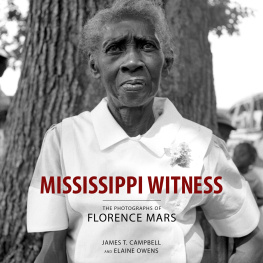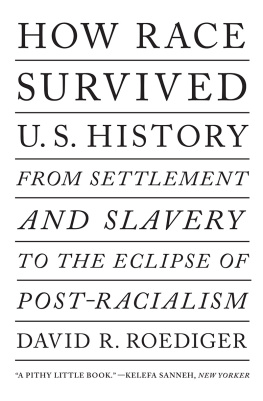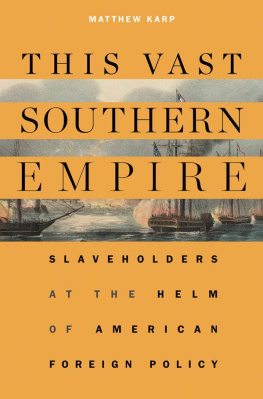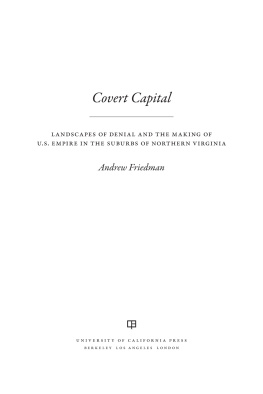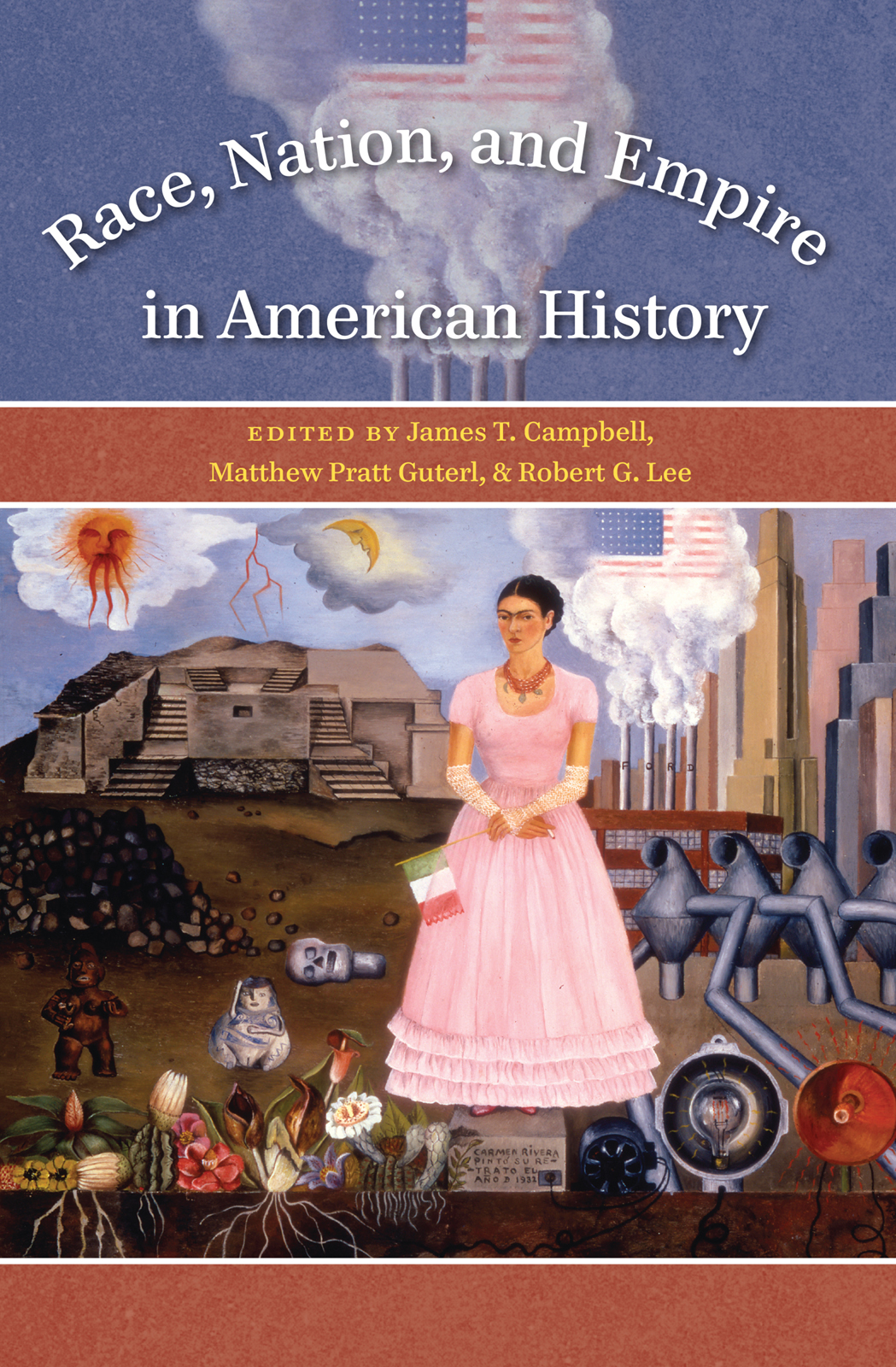Acknowledgments
The genesis of this book traces to a conference, Race, Globalization, and the New Ethnic Studies, held at Brown Universitys Center for the Study of Race and Ethnicity in 2003. We would like to thank the centers director, Evelyn Hu-DeHart, for her steadfast support and comradeship. To acknowledge everyone who helped to make the conference a success would require more pages than we have, but we would be remiss if we did not offer thanks to Karen Ball, Jennifer Edwards, Jennifer Roth-Gordon, Jos Itzigsohn, and Paget Henry. We are also pleased to acknowledge President Ruth Simmons, Provost Robert Zimmer, and Dean Mary Fennell, whose offices helped to underwrite the conference, and the Watson Institute for International Studies, which provided a venue.
Our editor at the University of North Carolina Press, Sian Hunter, saw this book from conception to completion, offering wise counsel and only occasional cajoling. Production of the book was overseen by the estimable Paula Wald. Special thanks to Cynthia Gwynne Yaudes of Indiana University, without whose timely intervention this manuscript might never have escaped the editors desks.
If we have one regret, it is that our friend and teacher Winthrop Jordan did not live to see the book finished. No historian has done more to unearth the roots of our nations painful racial predicament, and we were pleased and proud when he agreed to participate in our original conference. We were even more touched when he came back to Brown for the weekend workshop at which the volumes authors collectively transformed their conference papers into a coherent book. On both occasions, he exhibited the qualities that had long distinguished his career as a scholar and a teacher: intellectual generosity, a wide-ranging mind, and a scrupulous respect for evidence, all enriched by rare personal graciousness and wry sense of humor. We dedicate the book to his memory.
Introduction
JAMES T. CAMPBELL ,MATTHEW PRATT GUTERL ,& ROBERT G. LEE
There are many ways to introduce a book, especially one that ranges across as much terrain as this one, but let us begin with a gravestone. The stone, which stands in a cemetery in northwest Connecticut, bears the legend, In memory of Henry OBOOKIAH , a native of OWHYHEE . The inscription, dated 1818, credits the young Hawaiian with inspiring the creation of the Foreign Mission School at Cornwall, Connecticut. Few today visit the site. Fewer still realize that there is no body buried beneath the stone. But the story of Opukahaiaa tale of unlikely connections and ironic reversals, with echoes reverberating into our own timehas much to teach us about the history of the modern world, and about American history in particular.
Opukahaias journey commenced in 1808, just thirty years after Captain Cooks ill-fated visit to Hawaii. He was sixteen years old and an orphan, having lost his family in Kamehamehas wars of unification. Spying a ship anchored in Kealakekua Bay, he swam out to it. The ship was the Triumph, an American merchantman out of New York, under the command of Caleb Brintnall. Brintnall signed the lad on as a cabin boy, conferring the name by which he would become known to history: Henry Obookiah.
Opukahaia spent the next year at sea, sailing first to the seal hunting grounds of the Pacific Northwest and thence to Macao and Canton, where the Triumph exchanged its cargo of furs for tea, spices, and silk. The ship then continued west across the Indian Ocean, restocking at Cape Town in South Africa before braving the Atlantic. It finally arrived in New York in late 1809. Most of the crew was paid off there, but Opukahaia accompanied Brintnall to his home in New Haven, Connecticut.
Opukahaia was clearly of a pious turn of mindin Hawaii, he had studied to be a kahunaand he began to attend Christian services in his new home. But with a limited command of English he had little understanding of what he saw and heard. He was sitting on the college steps at Yale crying because he had no means of getting an education when he was befriended by a student, Edwin Dwight, son of Yales president, Timothy Dwight. Dwight, who later penned a best-selling memoir of Opukahaias life, invited the young Hawaiian to live in the Dwight familys home, where he received religious instruction and learned to read and write. After a year in New Haven, Opukahaia moved to nearby Torringford to live with Samuel Mills, a leader of what New Englanders at the time called the Benevolent Empire, a phalanx of religious and reform organizations dedicated to expanding Christs kingdom on earth. Though only a few years older than his guest, Mills had already played a central role in the creation of the American Board of Commissioners of Foreign Missions, the nations first overseas mission society, and the American Bible Society, a group dedicated to placing a Bible in every American home. Under the tutelage of Mills and other local ministers, Opukahaia blossomed into a pious Christian and a formidable scholar, conversant not only in English but in Latin and Hebrew. By the time of his death, he had produced the first grammar of the Hawaiian language, as well as a translation of the book of Genesis.


